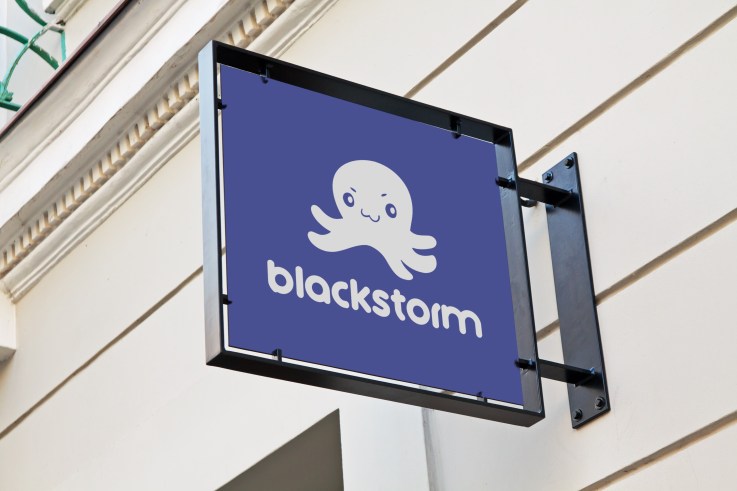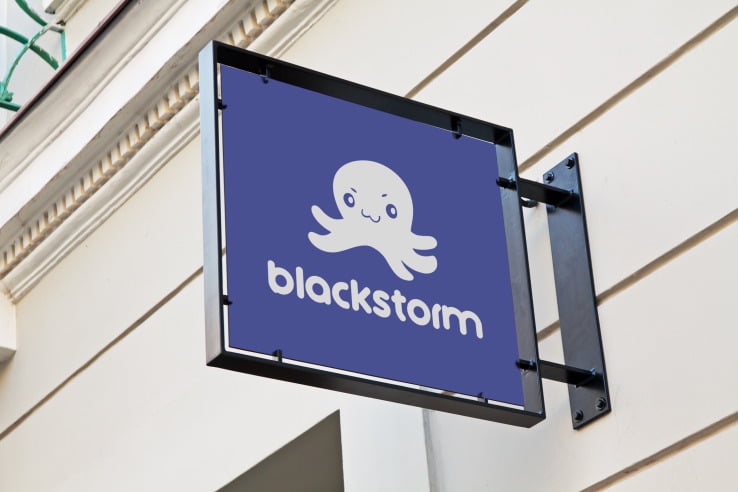
Managing the App Store can be one of the most difficult experiences for new developers. Getting noticed is hard, the experience isn’t that great, and now Apple is allowing search ads. And to make things more interesting, there’s a lot of interest in different platforms beyond traditional apps — including messaging bots.
Eventually, there will have to be a way to seamlessly develop applications that can thread across multiple platforms like messenger bots and, theoretically, more suped-up web browser experiences. That’s what Ernestine Fu, a part-time partner at Alsop Louie partners, is hoping to get done with a new company called Blackstorm. The company said today that it has raised $33.5 million from investors like Rakuten, Highland Capital, executives at Oculus, and a number of other angel investors, as well as Alsop Louie.
“If you think about the market right now, everyones using apps right now, all apps are built on iOS and Android, and the distribution is controlled by Apple and Google. Giant companies like Uber and Lyft have been entirely built entirely on these app stores. If you think about whats next, where are we actually going to have new distribution platforms, that can exist in the form of one messenger, apps within app environments, IoT, mobile browsers, the goal of this company is powering the infrastructure to trade and distribute software to all the post app-store platforms.”The hope is, while starting with messenger bots and mobile browsers, eventually this kind of development platform and distribution will be able to spread to all sorts of emerging computing platforms like IoT or in-car experiences. Sure, platform shifts do happen regularly, but they can be highly unpredictable. There was a moment in time where it seemed likely that Facebook on the web would be the dominant interface for developers — and it worked for things like games — but eventually usage shifted almost entirely to mobile.
Now, it would seem, the race is on for Messenger applications. Case in point, Apple is opening up its iMessage service to third-party developers (as well as a whole lot of other things), and Facebook and Slack are aggressively trying to attract developers to build bots and other services within the platform. A lot of this is playing catch-up to the experience originally created and popularized by WeChat in China, Fu said, and is long overdue.
“Every time there’s a new platform that’s created, there’s new problems,” Fu said. “There’s two in particular that stand out, the first one is it’s hard for developers to embrace new tools and technology. The second aspect in the beginning it’s also very inefficient to distribute to users. And at the end of the life cycle it gets really inefficient in that only the Triple-A top tier content with millions in marketing will have a big audience. I think traditionally platform shifts have endured these pains over many years and evolved to have a mutual balance, but now there’s an explosion of computing platforms.”
Right now, Blackstorm consists of two products: what Fu is calling the Neo Store, and a development environment that can spread across multiple different types of user experiences like messengers. The former is a white-label service for companies like telecom providers to deliver additional content beyond using just an App Store using web portals, Fu said. The latter, for now, includes an IDE, but the aim there is to just make it easy for developers to publish across multiple platforms regardless of the experience.
But with the emergence of new platforms comes the race to develop for it, get there first, and stick a flag in it in order to attract early adopters. Of course, silly apps will be there, but developers will eventually create use cases that piggyback and work really well on messengers, and they’ll eventually be starting with just one (probably Facebook, the biggest one). They’re going to need to find ways to branch out to new platforms as they emerge, as well as existing ones, and that’s something that Blackstorm hopes to facilitate.
It’s also going to require a shift in user behavior. Normally we interface with a bunch of squares on our screen that we download from the App Store. There’s certainly a lot of drop-off from between someone linking an app through a messenger to downloading the app, and inevitably setting up an account. The square grid on your phone probably isn’t going away — you can already save web applications to the screen, for example — but the whole experience of sharing and playing around with apps is likely shifting to suit whatever environment you exist in at the moment you want to interact with it.
Apple has taken a lot of effort to level the playing field for the App Store. It recently began efforts to remove abandoned apps and fight spammy app names. All this is aimed to make the App Store experience more palatable, but it’s hard to say if that will be successful. Developers are going to follow the audience and a more seamless development experience may end up also attracting early adopters.
Fu thinks that Blackstorm will one day be able to replace the App Store. That’s pretty aggressive and for the foreseeable future, seems really unlikely. But that’s not to say that it can’t co-exist with the App Store for the time being — and, who knows what the future holds as user behavior shifts. WeChat is a prime example of a ton of usage existing within a different application beyond just an App Store. Other new platforms, like VR and various connected devices, are also still in their infancy and it’s not clear if they will become widely used.
[Source:-TC]




